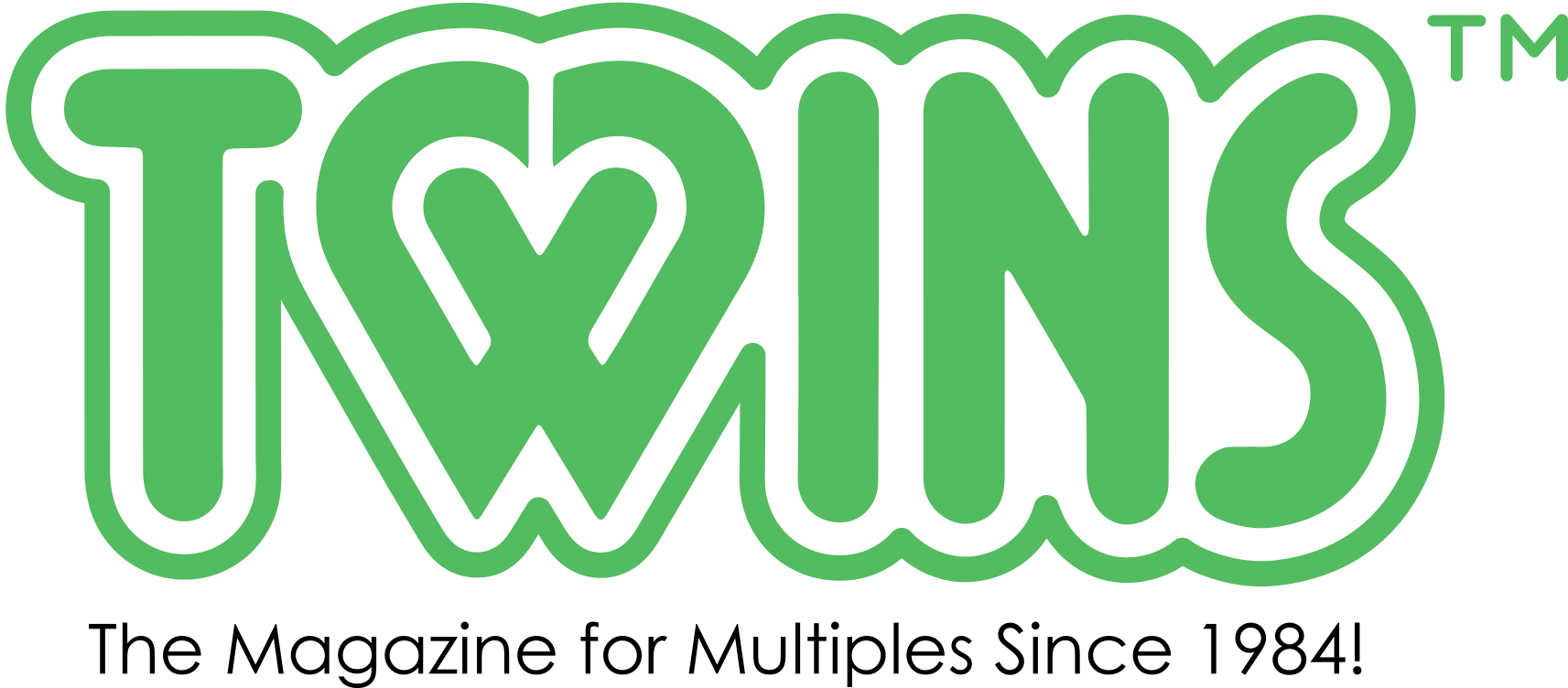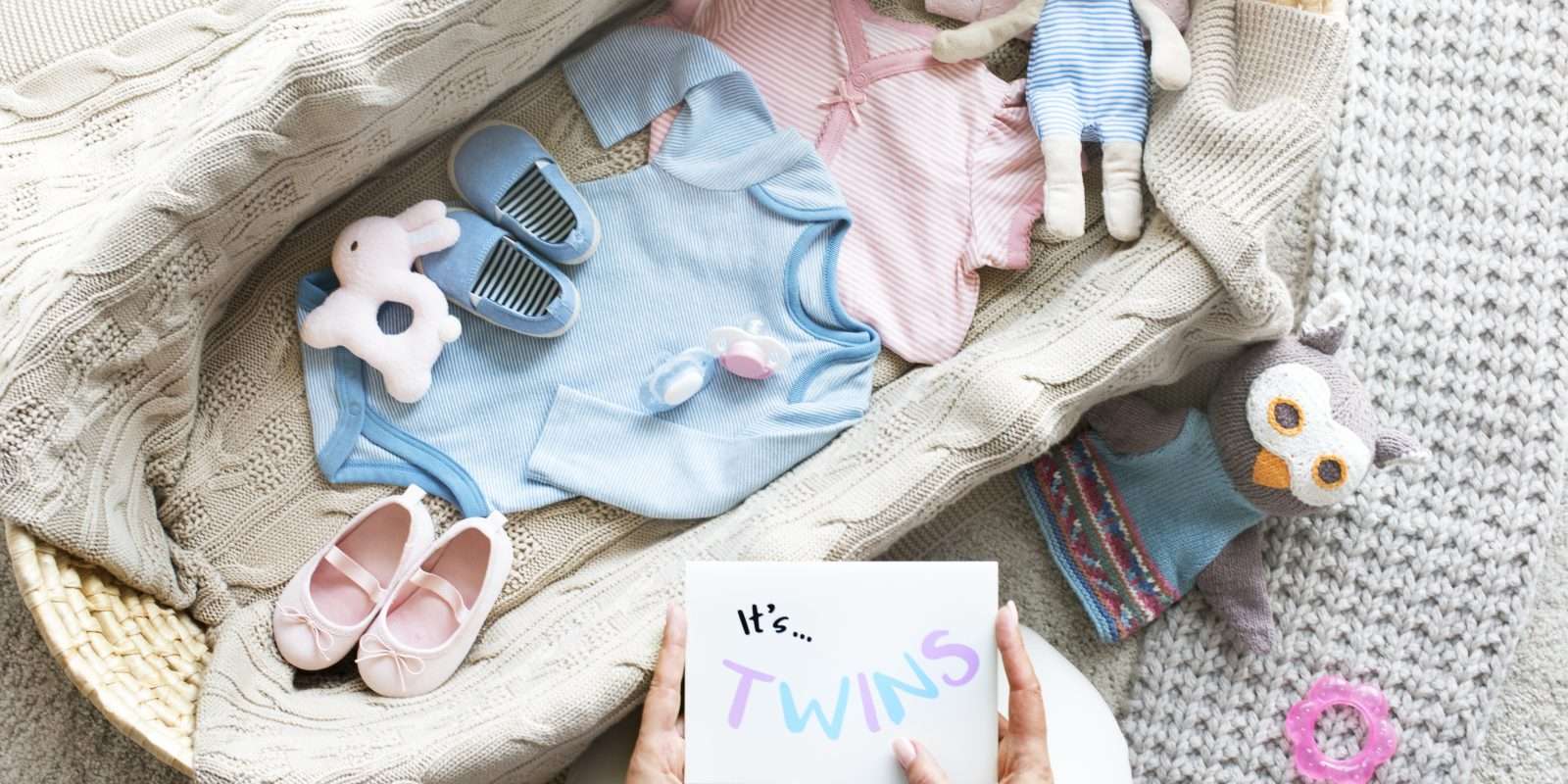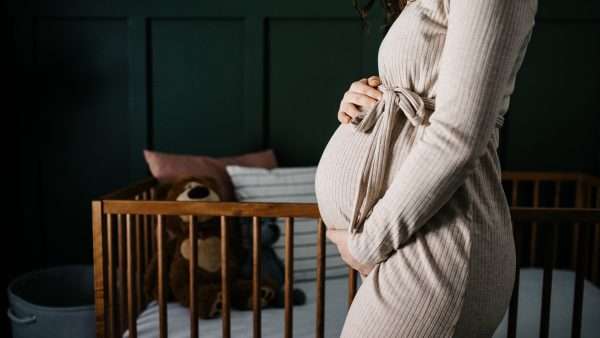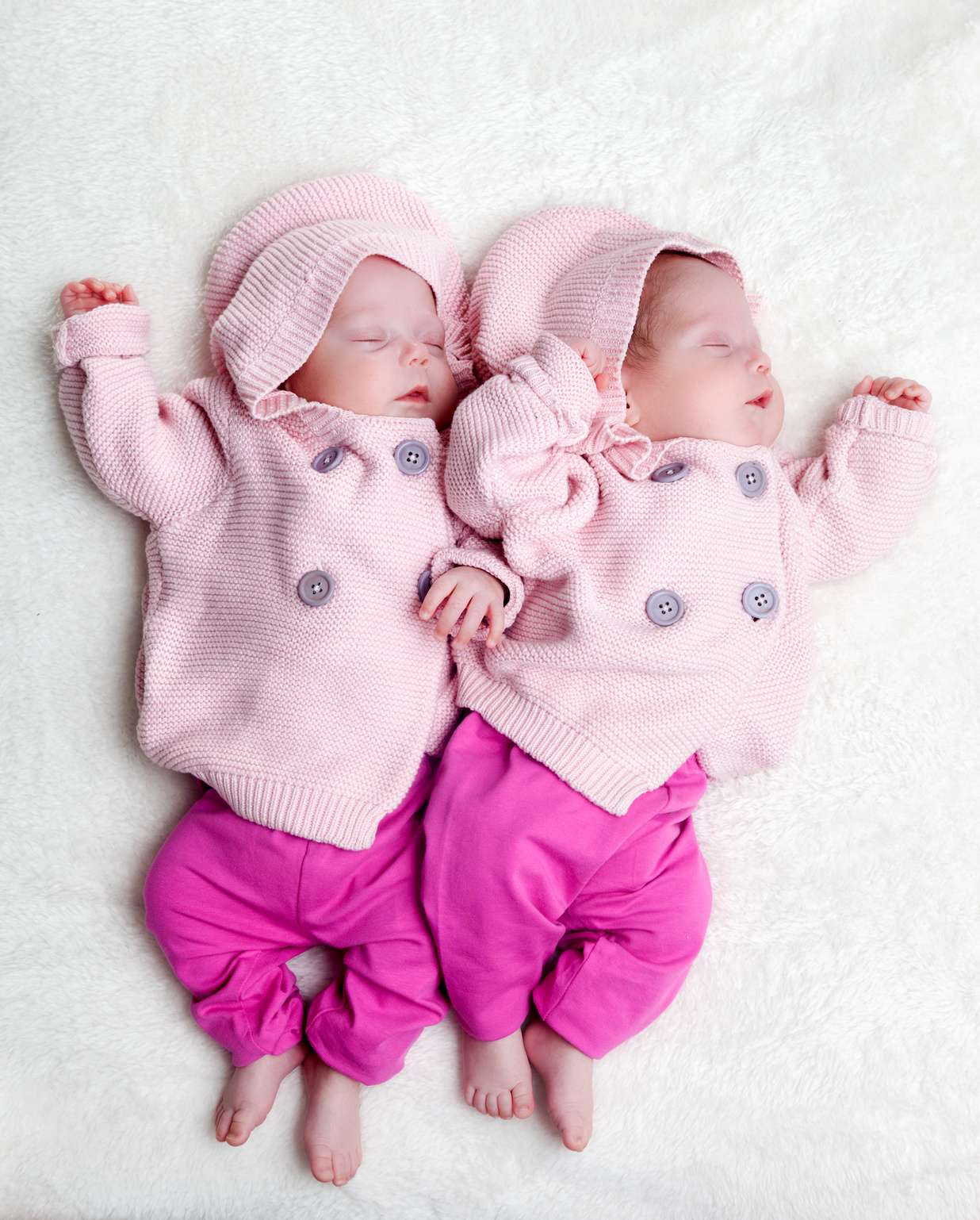Discovering that you’re pregnant can be one of the most exciting moments of your life. But what if you suspect that there might be two little ones growing inside? While only an ultrasound can definitively confirm a twin pregnancy, several signs and symptoms may indicate you’re expecting twins. Let’s explore the potential clues that might hint at twin pregnancy and when to consult your healthcare provider for confirmation.
1. What Makes a Twin Pregnancy Different?
A twin pregnancy comes with its own unique set of experiences. The most apparent difference is that two babies are growing simultaneously, which means your body has to support both. This can lead to a higher intensity of pregnancy symptoms or some that may present earlier than with a singleton pregnancy.
2. Top Symptoms That May Indicate You’re Pregnant with Twins
a. Excessive Morning Sickness
Morning sickness is a common pregnancy symptom, but it can be more pronounced in twin pregnancies. If you’re experiencing extreme nausea and vomiting, known as hyperemesis gravidarum, it might be one of the early signs of twins. This is often attributed to the elevated levels of the pregnancy hormone human chorionic gonadotropin (hCG), which tends to be higher when you’re carrying more than one baby.
b. Rapid Weight Gain
Gaining weight quickly in the early stages of pregnancy is another possible sign of twins. Since there are two babies developing, your caloric needs and overall body mass tend to increase faster than they would with a single baby. If your healthcare provider notices significant weight gain early on, they may recommend an ultrasound to check for twins.
c. Extreme Fatigue
While fatigue is common in all pregnancies, carrying twins can take an even bigger toll on your energy levels. Your body is working overtime to nourish two babies, which can result in feeling more exhausted than usual. If you’re struggling with extreme tiredness, even after getting plenty of rest, it might be an indicator of a twin pregnancy.
d. Higher hCG Levels
As mentioned earlier, hCG levels tend to be higher when carrying twins. Some women may have an earlier pregnancy test result or a darker positive line on their home pregnancy test. Your healthcare provider may order blood tests to check hCG levels, which could offer another hint of a multiple pregnancy.
e. Bigger Belly Early On
If you’re showing much earlier than expected, it could be due to the extra space needed for two babies. Many women with twin pregnancies report that their bump appeared more noticeable in the first trimester compared to friends expecting just one baby. However, belly size can vary and only an ultrasound can confirm whether you’re expecting twins.
f. Increased Appetite
With two babies growing, your body needs more energy. Some moms-to-be with twins notice a significant increase in appetite, often feeling hungry shortly after meals. This can happen as early as the first trimester and might be accompanied by stronger food cravings or aversions.
3. Medical Indications of a Twin Pregnancy
a. Elevated AFP Levels
Alpha-fetoprotein (AFP) is a protein produced by the fetus, and its levels are checked through a maternal blood test during pregnancy. When carrying twins, AFP levels tend to be higher than normal, which could be a red flag for your healthcare provider to look further into the possibility of twins.
b. Hearing Two Heartbeats
One of the most thrilling moments during a pregnancy is hearing your baby’s heartbeat for the first time. But what if there are two? If your healthcare provider detects two distinct heartbeats, it’s a strong indicator of a twin pregnancy. However, this can sometimes be tricky in the early stages, so it’s often confirmed with an ultrasound.
c. Ultrasound Confirmation
The only way to truly confirm a twin pregnancy is through an ultrasound. Most often, this happens during the first trimester, usually around weeks 10 to 12. In some cases, twins can be spotted even earlier during a routine dating scan. If you’re experiencing more intense symptoms than expected, your provider may suggest scheduling an early ultrasound.
4. Are You More Likely to Have Twins?
Certain factors increase the likelihood of having twins. These include:
- Family History: If twins run in your family, particularly on the mother’s side, your chances are higher.
- Age: Women over 30 are more likely to conceive twins, especially if they are over 35 due to higher levels of follicle-stimulating hormone (FSH).
- Fertility Treatments: Assisted reproductive technologies, such as in vitro fertilization (IVF), often increase the likelihood of twins due to multiple embryos being transferred.
- Previous Pregnancies: If you’ve had multiple pregnancies before, your chance of having twins is higher.
5. When to Consult Your Healthcare Provider
If you suspect you’re pregnant with twins based on any of the signs mentioned above, schedule an appointment with your healthcare provider. They can perform tests and ultrasounds to determine if you’re carrying more than one baby. Early detection is important as twin pregnancies often require closer monitoring due to the increased risks associated with carrying two babies.
6. Caring for a Twin Pregnancy
Once twins are confirmed, it’s important to follow specific advice for managing a multiple pregnancy:
- Regular Check-ups: You’ll likely have more frequent prenatal visits to ensure the health of both babies.
- Balanced Diet: Proper nutrition is crucial, as your body needs extra calories, vitamins, and minerals to support two growing babies.
- Rest: Expect to need more rest throughout your pregnancy, as twin pregnancies can be more physically demanding.
- Monitoring for Complications: Twin pregnancies can carry a higher risk of complications such as preterm labor, gestational diabetes, and preeclampsia, so close monitoring is essential.
Ready to take the quiz?
While experiencing more intense pregnancy symptoms doesn’t always mean you’re having twins, it can be a clue to consider. If you notice any of the signs mentioned above, it’s always best to consult your healthcare provider for an accurate diagnosis. Whether you’re having one baby or two, early care and attention are key to ensuring a healthy pregnancy for you and your little ones.
Note: This quiz is for fun and informational purposes only. It’s not a medical test and should not replace professional medical advice. For accurate pregnancy information, please consult a healthcare provider.”






